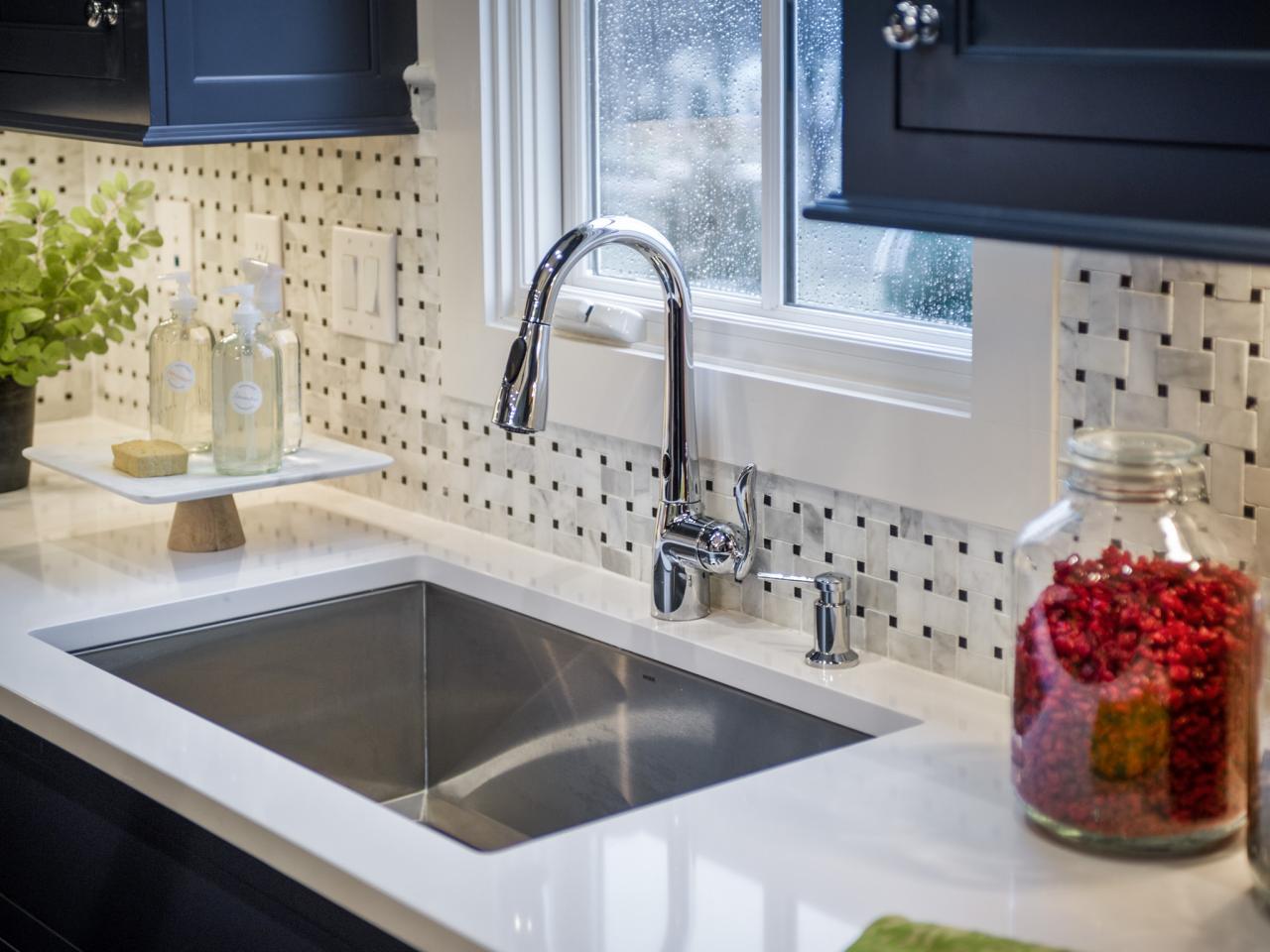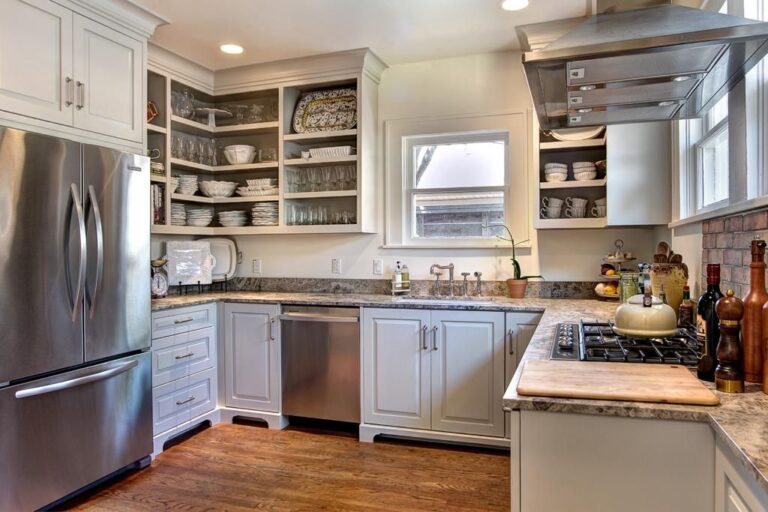
Choosing the Right Kitchen Sink Material
Introduction
Your kitchen is the heart of your home, and the sink is an integral part of it. Choosing the right kitchen sink material goes beyond aesthetics; it’s about functionality, durability, and fitting seamlessly into your lifestyle. In this guide, we’ll explore various sink materials, weighing their pros and cons, to help you make an informed decision.
Understanding Your Kitchen Needs
Before delving into the array of sink materials available, take a moment to assess your kitchen habits. Consider your cooking and cleaning routines, as well as the size and layout of your kitchen. Understanding your specific needs will guide you toward the material that best suits your lifestyle.
Types of Kitchen Sink Materials
Stainless Steel
- Known for its durability and resistance to corrosion.
- Versatile and complements various kitchen styles.
Cast Iron
- Classic and timeless appeal.
- Heavy and may require extra support during installation.
Composite Granite
- Modern and sleek appearance.
- Resistant to scratches and stains.
Fireclay
- Elegant and visually appealing.
- Requires careful handling to prevent chipping.
Copper
- Unique and adds a touch of warmth to the kitchen.
- Requires regular maintenance to prevent patina.
Acrylic
- Affordable and customizable.
- Prone to scratches and less durable than other materials.
Durability and Maintenance
Each sink material comes with its own set of durability characteristics and maintenance requirements. Stainless steel, for instance, is known for its robustness, while fireclay requires gentle care to avoid damage. Consider how much maintenance you are willing to undertake for a long-lasting sink.
Read more on:
Aesthetics and Design
Your kitchen sink should harmonize with the overall design of your kitchen. Consider how each material complements your countertops, cabinets, and the overall aesthetics of the space. Whether you prefer a modern, sleek look or a classic, timeless design, there’s a material to match your style.
Budget Considerations
While choosing the right material is crucial, it’s essential to consider your budget. Stainless steel and acrylic sinks, for example, cater to different price points. Find a balance between quality and affordability that aligns with your financial constraints.
Stainless Steel Sinks: Pros and Cons
Stainless steel sinks are popular for a reason. They offer durability, resistance to corrosion, and a versatile design that fits into various kitchen styles. However, they may be prone to scratching and can be noisy during use.
Cast Iron Sinks: Pros and Cons
Cast iron sinks exude a classic appeal, perfect for traditional kitchen designs. They are robust but heavy, requiring additional support during installation. However, they are susceptible to chipping and may require careful handling.
Composite Granite Sinks: Pros and Cons
If a modern and sleek appearance is what you seek, composite granite sinks are a top choice. They are highly resistant to scratches and stains, making them a practical option. However, they can be heavy and may require additional support during installation.
Fireclay Sinks: Pros and Cons
For an elegant and visually appealing sink, fireclay is an excellent option. Its smooth surface adds a touch of sophistication to your kitchen. However, it requires careful handling to prevent chipping, and prolonged exposure to heavy impacts may lead to damage.
Copper Sinks: Pros and Cons
Copper sinks bring a unique warmth to your kitchen, with a distinctive patina developing over time. While they require regular maintenance to prevent excessive patina, many homeowners appreciate the evolving aesthetic.
Acrylic Sinks: Pros and Cons
Affordable and customizable, acrylic sinks offer flexibility in design. However, they are prone to scratches and may not be as durable as other materials. Consider your usage patterns before opting for acrylic.
Choosing the Right Material for Your Lifestyle
After weighing the pros and cons of each material, consider how they align with your lifestyle. If you have a bustling kitchen with heavy daily use, durability might be your top priority. If aesthetics and customization are crucial, acrylic or composite granite might be more appealing.
Installation Tips and Considerations
Regardless of the material chosen, professional installation is key to ensuring longevity and functionality. Consider the compatibility of the sink material with different countertop materials, and consult with experts to guarantee a seamless integration into your kitchen.
Conclusion
Choosing the right kitchen sink material is a significant decision that impacts both aesthetics and functionality. By understanding your kitchen needs, considering durability and maintenance, evaluating aesthetics, and aligning with your budget, you can make an informed choice. Each material has its own unique charm, so take your time in selecting the one that best suits your lifestyle and design preferences.
Frequently Asked Questions (FAQs)
Is stainless steel the best option for a kitchen sink?
- Stainless steel is a popular choice due to its durability and versatility. However, the best option depends on your specific needs and preferences.
Do composite granite sinks require special care?
- While composite granite is resistant to scratches and stains, it’s advisable to follow the


